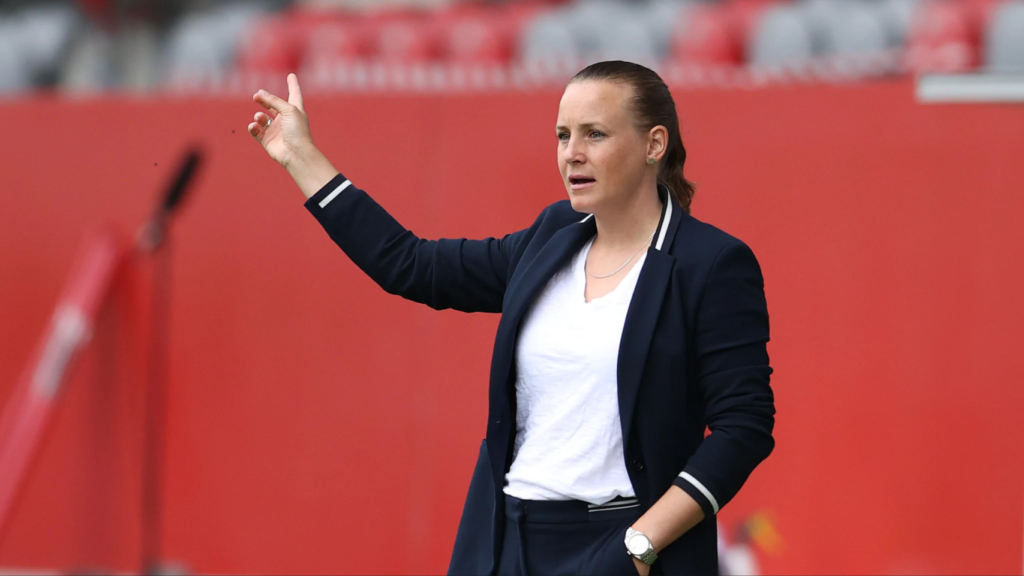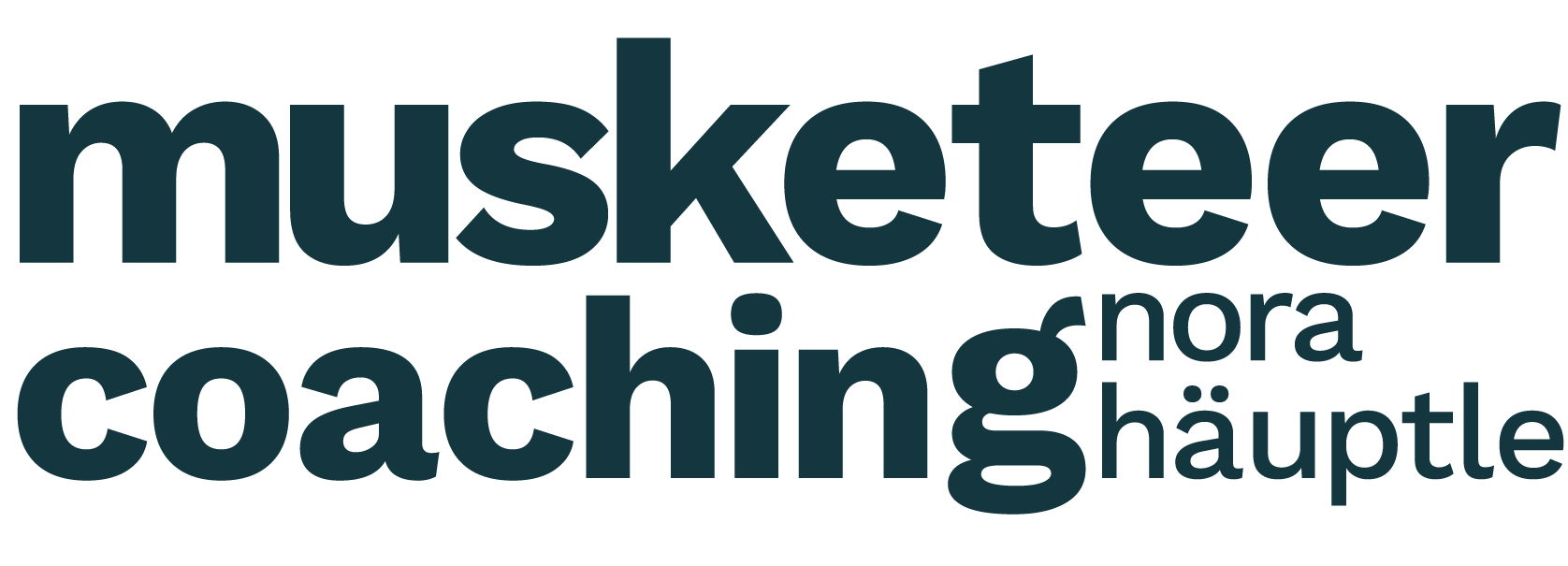UEFA WOMEN IN FOOTBALL: 5 LEADERS MAKING AN IMPACT
Nora Häuptle: ‘Football has a great pulling power around the world, it can bring a lot of hope, even in difficult times.’

A Swiss international player, Nora Häuptle turned her attentions to coaching early, taking on a developmental role with FC Thun’s youth sides before experiencing life as a fitness coach on the tennis world tour. Lured back into football to take charge of Switzerland’s Under-19 women’s team, she took them to the European Championship semi-finals in 2016, and was until recently the only female head coach in Germany’s Frauen Bundesliga with SC Sand. As a UEFA Pro Licence holder, she has also been a part of UEFA’s Coach Mentor Programme.
Who made you think about a career in football when you were younger?
“When I was younger, I only had male idols, like Alain Sutter or Andy Egli, who funnily enough have both now been involved in women’s football. But when I was 16, I was in the USA for the 1999 Women’s World Cup and it was huge – they filled stadiums with 80,000 people and for us from Switzerland, that was unimaginable. I remember a sports store where they had had an immense wall with posters, 25 metres high, and there was Michael Jordan and Mia Hamm. That was my first experience of seeing a female soccer star and after that I really thought of Mia Hamm as a role model that I looked up to.”
You were the only female head coach in the women’s Bundesliga – what is holding back female coaching?
“I think it is important to encourage more women at grassroots level, to give them opportunities and take away the fear of not being good enough. Women tend to question themselves more, and I think those inhibitions need to be taken out of them right at the start of their coaching career, to be assured they are allowed to make mistakes and grow with the process. Then, I believe that there will be a lot of valuable female coaches who have a lot to contribute. Football has a great pulling power around the world, it can bring a lot of hope, even in difficult times like COVID, and I would like every woman to have the chance to participate in this sport.”
What changes do you think are on the way for women’s football?
“Men’s football is over 100 years old, but the tactical development and dynamics of the game have changed over the last 20 years enormously, so I think women’s football can learn a lot very quickly from that. For example, where the goalkeeper becomes an eleventh outfield player when you have the ball, but on the other hand in defence, also needs to cover different angles than the males, because women are smaller. So, women-specific topics like physical development, how we practice strength training, respect the menstrual cycle and avoid injuries will also develop. It’s obviously important as a coach to see where football is going, so that you are a step ahead of the others and know where you have to go.”
© uefa.com / 14.05.2021
